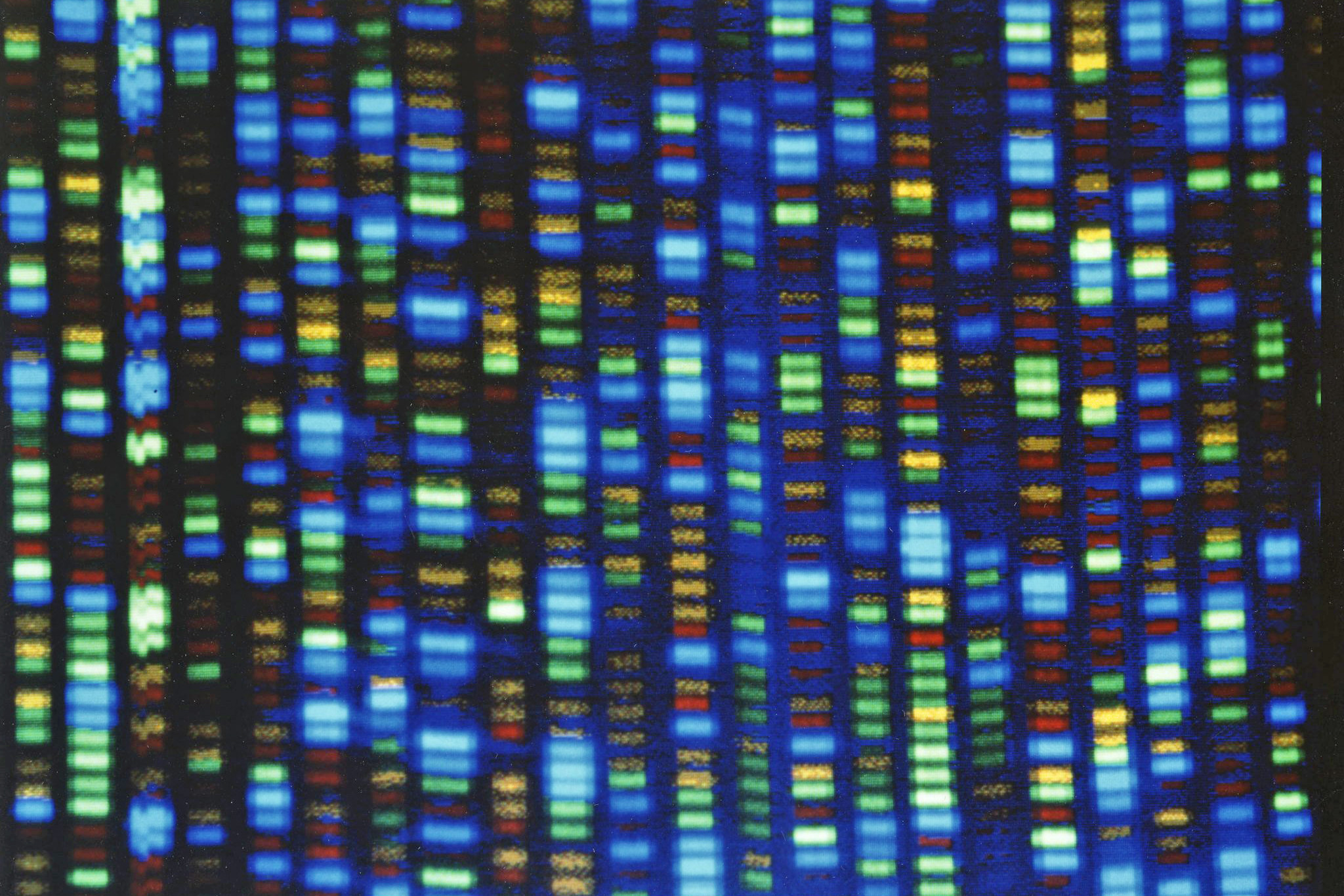Scientists are setting out to collect genetic material from 500,000 people of African ancestry to create what they believe will be the world’s largest database of genomic information from the population.
The hope is to build a new “reference genome” — a template to compare to full sets of DNA from individuals — and better understand genetic variants that affect Black people. It could eventually translate into new medicines and diagnostic tests — and help reduce health disparities.
The initiative was launched Wednesday by Meharry Medical College in Nashville, Tennessee, as well as Regeneron Genetics Center, AstraZeneca, Novo Nordisk and Roche. The pharmaceutical companies are providing the funding, while the data will be managed by a nonprofit started by Meharry, called the Diaspora Human Genomics Institute.
Organizers said there’s a clear need for the project, pointing to research showing that less than 2% of genetic information being studied today comes from people of African ancestry.
“We are going to bridge that gap, and this is just the beginning,” said Anil Shanker, senior vice president for research and innovation at Meharry.
Scientists have long known that the reference they compare to individual genomes has serious limits because it mostly relies on genetic material from one man and doesn’t reflect the spectrum of human diversity.
Although any two people’s genomes — that is, a set of instructions to build and sustain a human being — are more than 99% identical, scientists say they want to understand the differences.
The project is not connected with related research already underway. In May, scientists published four studies about building a diverse reference genome that they call a “pangenome.” At that point, it included the genetic material of 24 people of African ancestry, 16 from the Americas and the Caribbean, six from Asia and one from Europe.
In the new project, Meharry, a historically Black academic health sciences center, will recruit patients from the Nashville area to donate blood, then send it to the Regeneron Genetics Center, which will do the genetic sequencing for free.
Other historically Black colleges and universities in the U.S., and the University of Zambia in Africa, will also recruit volunteers. Project organizers said they are also open to working with other universities in Africa, as well as medical centers and health departments there. Organizers expect enrollment to take about five years. All information will be kept anonymous.
After the genetic sequencing, the data will go into a repository at the Diaspora Human Genomics Institute, and the database will be provided exclusively to HBCUs and the institutions involved in Africa. Outside researchers can access the information through those institutions.
“You can imagine if these schools have such a resource, other academic institutions are going to want to collaborate with them,” said Lyndon Mitnaul, executive director for research initiatives at Regeneron Genetics Center.
Corporate partners will be able to use the data for research and to develop medicines and diagnostic tests.
The 10-year initiative also involves establishing a grant program to support research and education in genomics and related fields at Meharry, plus broader STEM programs for grade-school children in diverse communities. Each of the pharmaceutical companies involved intends to contribute $20 million toward the genetic and educational parts of the effort.

